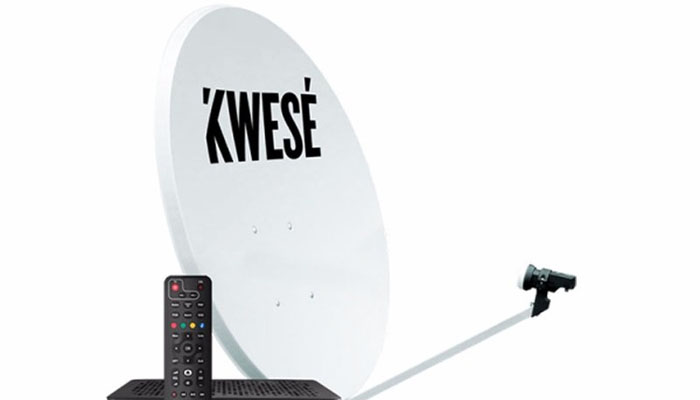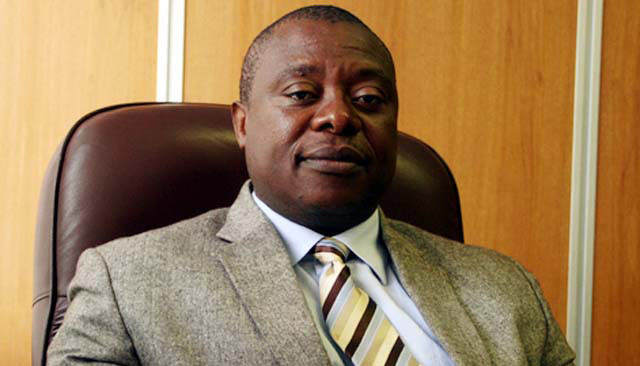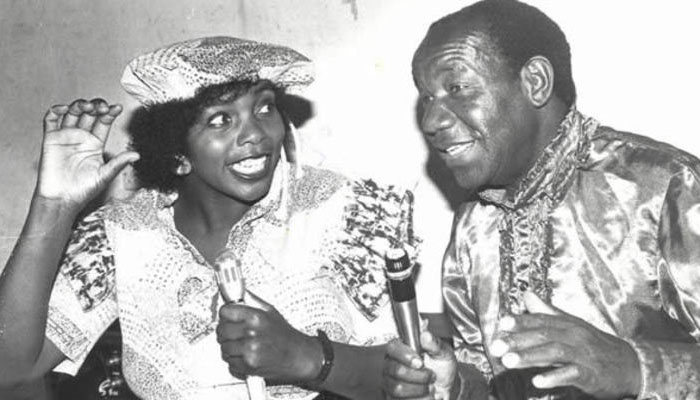
The Sunday Mail

Takudzwa Chihambakwe
THERE has been a lot of hype about Kwesé TV since it officially launched in Zimbabwe not long ago.
The excitement has been about how it is easier to subscribe for the pay TV platform compared to DStv.HERE has been a lot of hype about Kwesé TV since it officially launched in Zimbabwe not long ago.
But besides a flexible payment system, what else does Kwesé TV have to offer?
Their bouquet costs US$29 per month for only 15 channels — US$4 more expensive than DStv’s Compact bouquet which has double the number of channels plus a host of radio stations.
As such, it is a waste of time comparing Kwesé TV to the DStv Compact Plus and Premium bouquets.
It will be interesting to see what will happen when Kwesé TV increases the number of channels on their bouquet. Will the prices remain the same considering their strategy of getting exclusive content? Will that cost be passed on to consumers?
Another area of concern to many customers is lack of local content on pay TV.
There was an outcry from DStv subscribers on the continent a couple of years ago with many saying it favoured South African shows over content from other African countries.
DStv responded by opening regional channels like Africa Magic, Maisha Magic and Mzansi Magic.
Zimbabwean content also found a home on DStv via Zambezi Magic from 2015. This platform, despite its challenges, has become an alternative to ZBC-TV for local producers.
The Sunday Mail Society sought answers to some concerns and frequently asked questions by potential and existing Kwese TV customers from executive assistant to Econet CEO Lovemore Nyatsine, but he has not responded to our questions since October 10 despite acknowledging receipt of them.
A local filmmaker, speaking on condition of anonymity, said so far there was nothing to celebrate for local content producers.
“The consumer will benefit from the coming in of Kwesé TV into Zimbabwe. However, for the local filmmaker there is no benefit whatsoever. They are not buying local content, they are not commissioning local content and they are not opening a local channel. Maybe they will have one or two presenters but that would be all,” said the prominent filmmaker.
The award-winning producer and director also urged Government to order Kwesé TV to have a channel dedicated to local content.
“We want people to watch local content and be proud of celebrating their culture with the rest of the world and promoting Zimbabwe as a tourism destination.”
Kwesé TV does not even carry local television station, ZBC-TV, despite it being a Broadcasting Authority of Zimbabwe requirement.
Kwesé TV Zimbabwe has been bashed by some clients for failing to install decoders within the advertised 72-hour period. It appears the Kwesé TV team has inadequate manpower.
Another major gripe is the absence of very popular English Premier League soccer coverage.
However, Strive Masiyiwa — who owns Kwesé’s parent company, Econet — has used his official Facebook page to say the lack of popular sport shows will not affect growth.
“When Netflix launched its services there were people who declared openly that it could not survive because it did not have rights to major sports rights like NBA, NHL and NFL, America’s biggest sports. There were no sports channels like ESPN.
“How could they challenge giant corporations that had been around for decades and had millions of customers and billions in the bank?” posted Masiyiwa.
“Today Netflix is worth US$85 billion. It is twice the size of Direct TV, the largest satellite broadcasting TV network in the US. The most successful entrepreneurs, are successful because they understand this simple observation. What do you see?”
Kwesé TV has struck a deal with US-based company Roku for what is said to be the world’s most advanced decoder, which does not need one to hire an installer.
It has been dubbed the Kwese Play decoder.
In another Facebook post, Masiyiwa said, “The most advanced decoder in the world today, the Roku streaming TV and media player is used for streaming digital TV channels (over the Internet). It currently allows people in the US to stream 3000 channels. Just imagine that! So far we have cleared rights for 100 channels of the 3000 available, and we are working to clear many more!”






